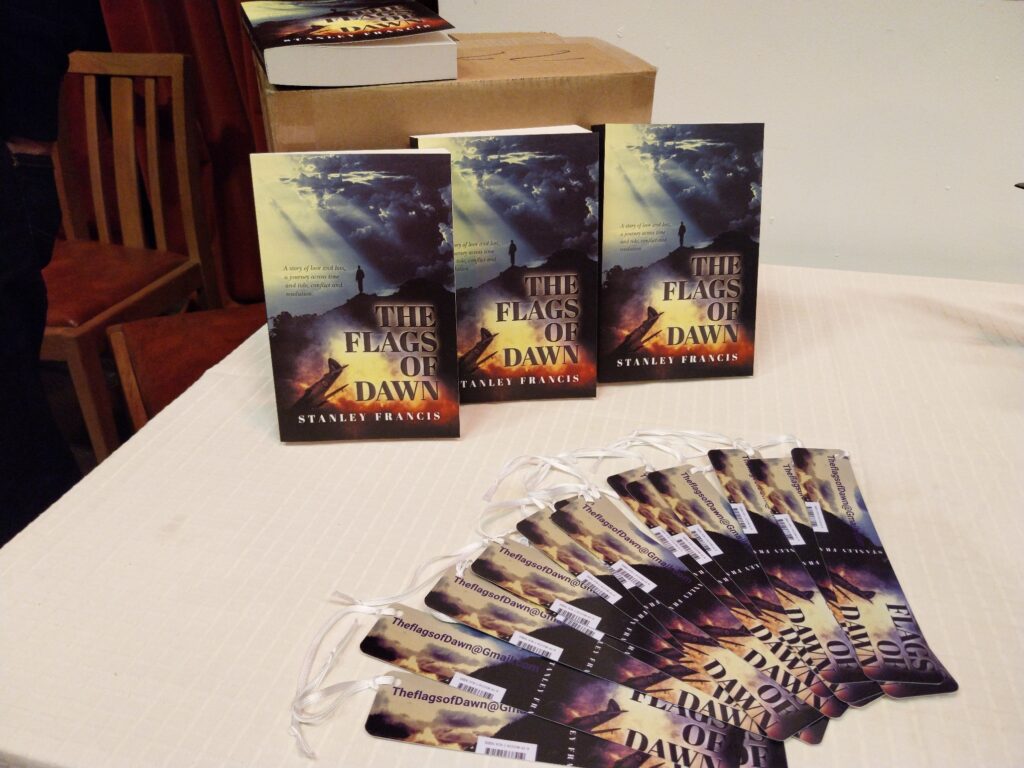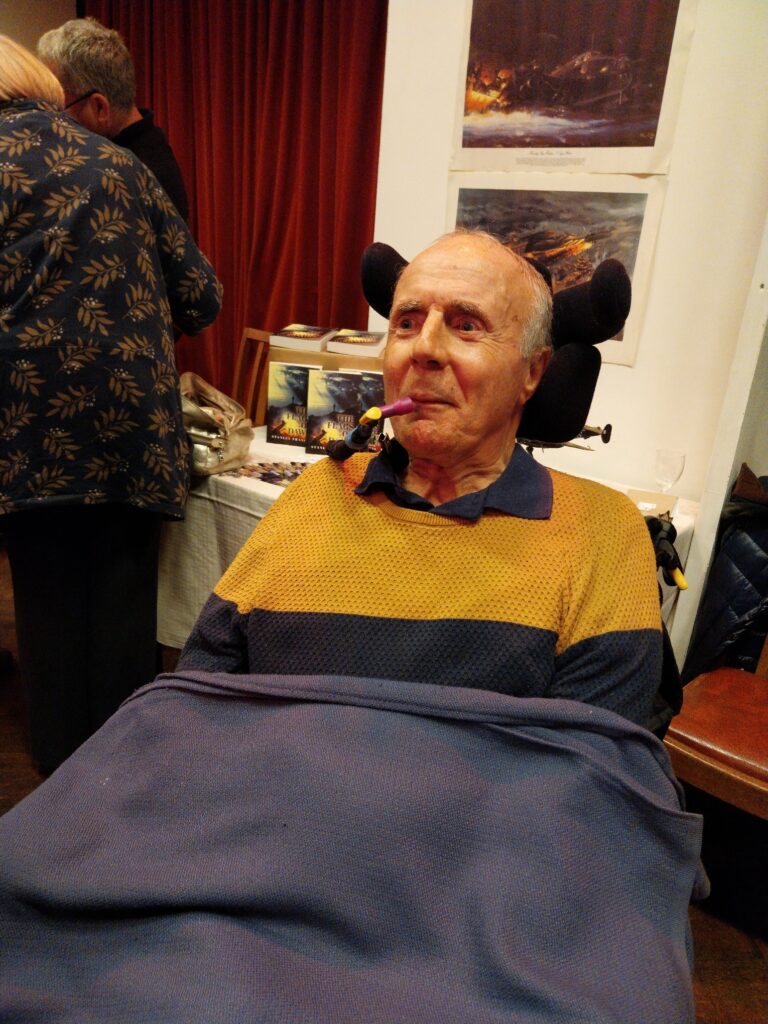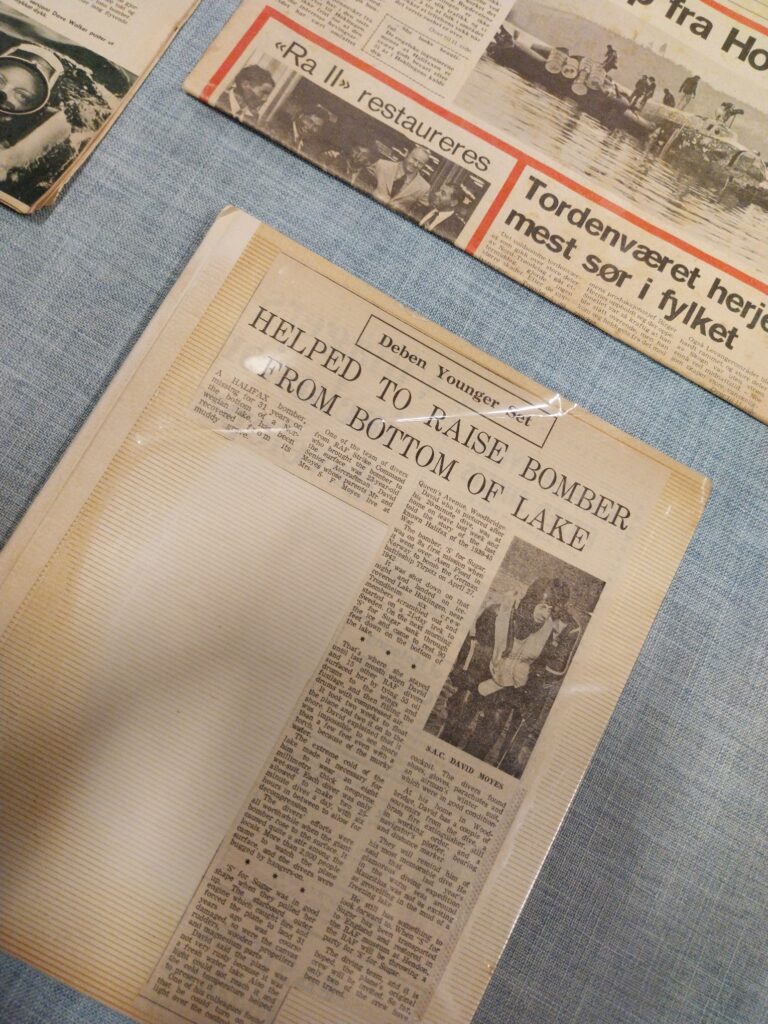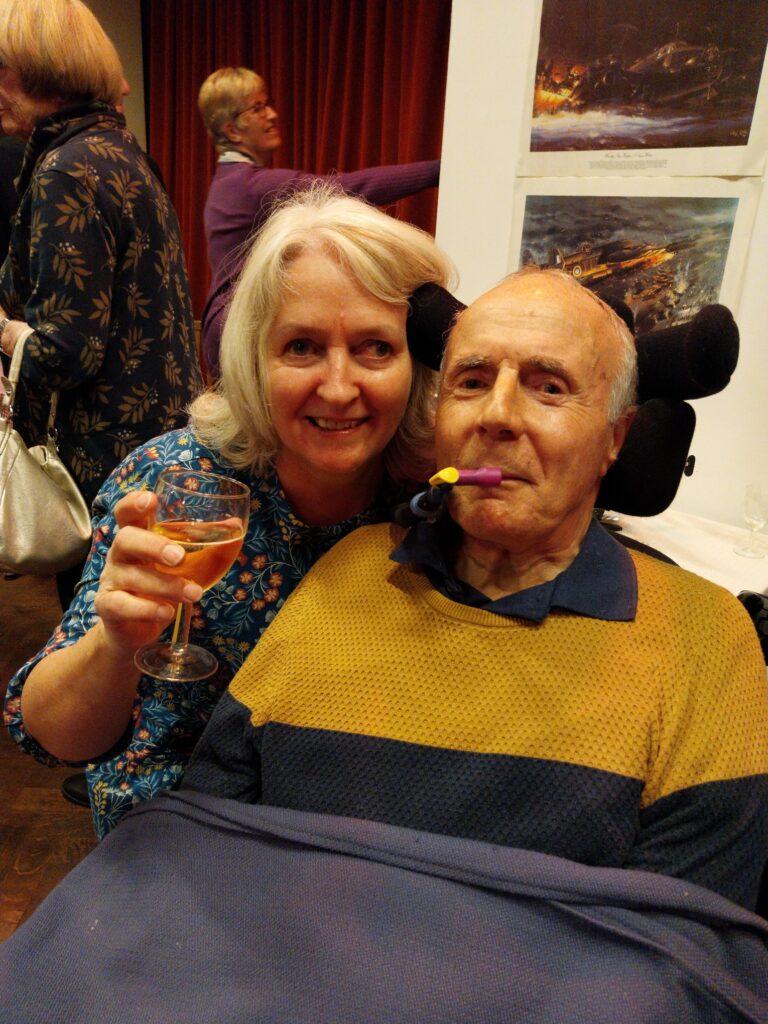Writing is hard, don’t let anyone tell you it isn’t, and don’t listen to people who say anyone can do it, because they can’t. It requires patience, persistence, and quite often sheer bloody mindedness to get a novel from conception into print these days – and not everyone has the stamina to see it through.
Regular followers of this blog will know that over the summer I ran a series of guest posts where authors shared the inspiration, the back-story, to their latest novel. This week I’d like to introduce readers to Dave, whose book launch I attended last weekend.


I first met Dave several years ago when I volunteered at my local community library. Dave came along to a meeting of the library’s creative writing group. I can’t recall the exact date, but I think it was shortly after I’d had an offer of publication for my first book, The Theatre of Dreams. Dave was very keen to pick my brains about the publishing process, because he too was in the middle of writing a book. In fact, he’d been in the middle of writing a book for several years.
I knew that feeling and immediately recognised Dave as a kindred spirit.
Dave’s would-be novel was set in World War II, and I’ll be the first to admit the mere mention of a military novel and my eyes tend to glaze over and my brain switches off. But this didn’t happen in Dave’s case, because his story was so uniquely personal to him, it was impossible to ignore his passion, his commitment, to consign his story to paper, or in his case, to his laptop, because Dave is quadriplegic, and the only tool he has to write his novel is his voice.
Way back in 1973 Dave had travelled to Norway as part of an RAF salvage team charged with the task of raising a submerged Halifax Bomber, shot down in 1942. When the mission was complete and the plane had been transported to the RAF museum at Hendon to be restored, Dave met with members of the original crew. The airmen’s stories of bailing out over occupied territory, the treacherous journey they made back to the UK with the aid of the Norwegian resistance, their tales of personal loves and losses, left a lasting impression.

Like most writers, Dave has always been an avid reader. He worked as an air traffic controller before retiring in 2004, following a diagnosis of Multiple Sclerosis. It was then that he started to make notes about his own life experiences and began the bare bones of the novel that would eventually become The Flags of Dawn.
A lot of authors dictate their novels. That’s not unique, but they can also type, use a mouse, print out pages, edit with post-it notes and a big red pen. That’s not an option for Dave. If Dave’s in the middle of dictating and his wife Jane asks if he’d like a drink of coffee, his refreshment order turns up in the manuscript. It doesn’t take a lot of imagination to appreciate the obstacles he’s had to overcome on his writing journey. Dave refers to his novel as the tale of ordinary people doing extra-ordinary things, but he’s extremely modest about his own achievements.
Dave and I write in totally different genres and in totally different styles, he’s a military historian who has been meticulous with his research, I’m a happy-go-lucky lightweight, but I do know what it’s like to have a story in your head that won’t go away. This was the book he had to write. Dave was determined the air crew, and their families, should not be forgotten. I wish him and his book all the success in the world.

Buying Link to The Flags of Dawn
https://www.amazon.co.uk/Flags-Dawn-Stanley-Francis-ebook/dp/B0BFK8Z7R1/
(Dave has used the pen-name Stanley Francis in honour of his father who was a POW during World War II.)
